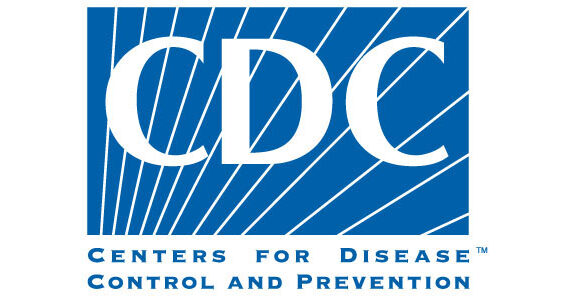HIV Surveillance Intern, Centers for Disease Control and Prevention
Category : Student Opportunities
The Key Population Surveillance Team (KPST) in the Epidemiology and Surveillance Branch) of the Division of Global HIV and Tuberculosis (DGHT) is focused on advancing the quality of HIV surveillance among key populations (namely sex workers, men who have sex with men, transgender women, and people who inject drugs). KPST provides technical assistance to countries on biobehavioral surveys and population size estimation activities, and this includes topics such as study design, implementation, data analysis, and results dissemination.
The REAL student will provide support, under the guidance of team members, for the following activities:
• Key Populations Biobehavioral Survey Results Dashboard (35%): Support for data entry, quality control process, and data visualization results dashboard
• Analysis projects (30%): Support for data analysis projects using HIV biobehavioral survey data among key populations (project would be of the team’s and student’s interest)
• Biobehavioral Survey and Population Size Estimation Technical Resources (30%): Support for the creation and maintenance of KPST’s survey and population size estimation technical resources, including the survey questionnaire, standard operating procedures and checklists for implementation, and summary sheet and final report templates.
• Other (5%): Other team projects requiring support as needed
Open to REAL Students.
Application Deadline: September 27th, 2024 at 11:59pm.
View posting on 12Twenty for more information and application instructions.
